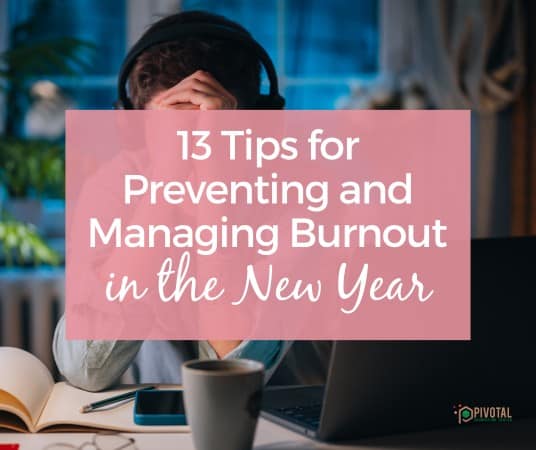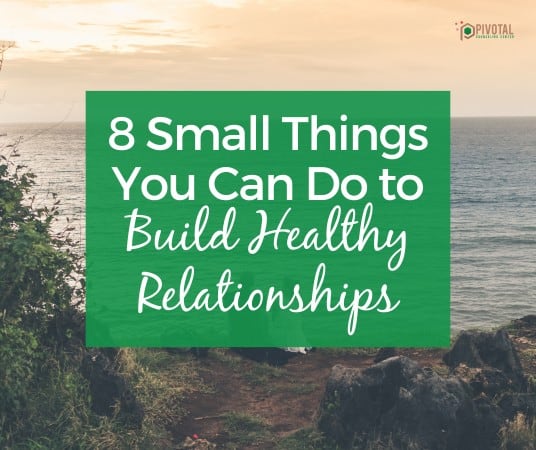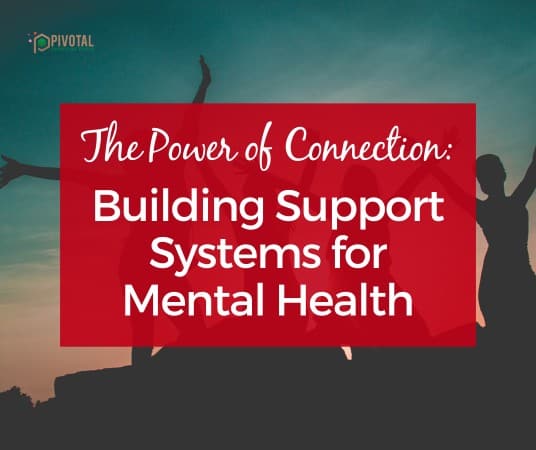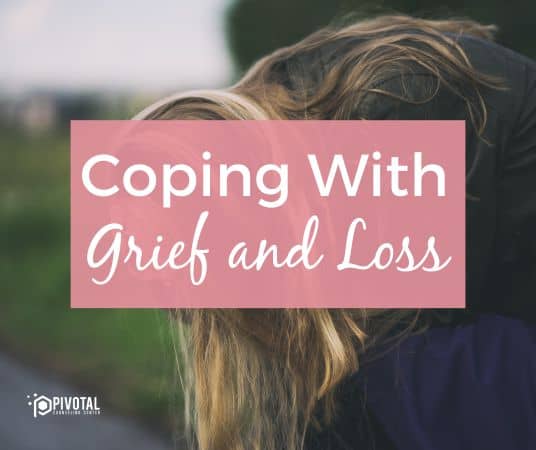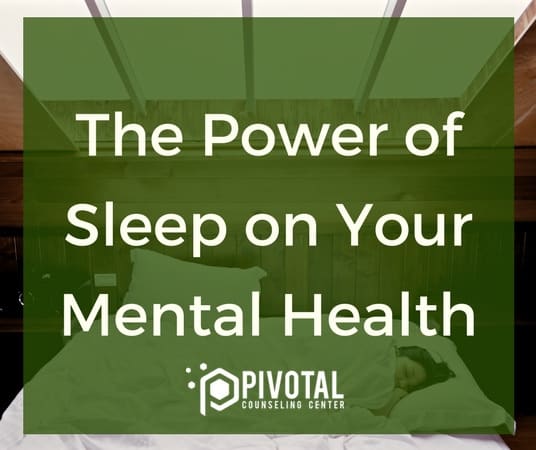
For most of us sleep is amazing. We dream about it all day and can’t wait to
snuggle into bed and enjoy some shut-eye after a stressful and tiring day. That being said, sleep is
more than an escape from a frustrating day, it’s important to your overall mental health and it plays an
important role in your life. There’s a lot more going on beneath the surface that you might or might not
be aware of, and it’;s time to dive into the realm of sleep and its place in your world.
Its role in your life
There are so many amazing benefits of sleep when you take a look at what it’s job is for your
overall health. As you probably already know, sleep is when your body rests, heals itself, and
recharges for the next day. So, getting enough sleep is critical to your physical, emotional, and mental
health. Ever notice how getting 3 hours of sleep a night makes you cranky and aggressive the next
day? That’s because you didn’;t get the chance to shut down your brain long enough to allow it to
recharge. You are working at less processing power and speed than normal.
Getting enough sleep is important for your mental health in particular because it allows your
busy brain to rest and strengthen itself so that you’ll be able to continue on your path in a healthy way.
That’s general, so we’ll break it down in the next section a little more to understand it through
examples.
How sleep works with anxiety and depression
Part of the reason that sleep is so appealing to teens and adults is because, as mentioned, it’s
escape from stressors. When you have anxiety and/or depression, this is even more so. The
dreamworld, or the lack of dreams, offers a safe spot where we can be free of those weights that we feel
whenever we’re awake. This relief allows us to recharge and tackle the next day, fighting back against
anxiety and/or depression with more strength and energy.
The thing is, depression and anxiety can also lead to sleep problems such as insomnia, oversleeping, or frequent nighttime waking. This makes it hard to get the hours that you need or it leads to poor
quality of sleep, which leads to struggling with the disorders, and then that leads to poor sleep, etc, etc.
It can be a vicious cycle because getting enough sleep is critical to dealing with these mental health
issues, but you can’t get the right amount – or quality – of sleep that you need.
How lack of sleep can lead to addiction
In some cases, lack of sleep can even lead to addiction. Think about the example above where you are struggling with depression and you need to sleep, but
you can’t get your thoughts to stop whirling around. You’d probably look at a sleep aid such as an over-
the-counter medication or alcohol that will get you to drift off at some point. Over a period of time,
this “sleep aid” can turn into an addiction. Whether it is alcohol, marijuana, or prescription pain pills or sedatives it can be a slippery slope. Each of those approaches to help with sleep will come with its own set of side effects and problems that will impact you even further.
What to do about it?
This all sounds pretty scary, so let’s take a minute to regroup. Sleep is critical to your mental
health (amongst other things), so it’s important that you get those proper hours of quality sleep each
night. If you find that you are struggling you should consider things that help you sleep, that may not cause you the potential for extra problems.
- Consider doing yoga or breathing exercises before bedtime.
- You could also try omitting caffeine and sugar after 6:00pm.
- Limiting your screen time before bed is very important. The goal is to get away from any computer, tablet, phone, or TV for at least 30 minutes before you want to sleep.
- Exercise at some point in the day. People who do a basic 20 minutes of moderate walking or exercise tend to sleep better.
- Try not to eat heavy meals right before bed. In fact, if you can skip eating at all for 2 hours before bed that is best.
- There are over-the-counter supplements that some people try for sleep. Talk with your physician or pharmacist to get a recommendation.
- If needed, don’t hesitate to talk with you doctor about your sleep. Sometimes medications are the best option and there are a multitude of options to pick from, so make sure you share any concerns you have with your doctor. If you have a history of addiction, let them know, but also know that there are non-addictive choices so you are not without options.
- Create a sleep routine. Humans are designed to do better with routines and structure. It cues us to let us know it is time to go to sleep. Something like going to your bathroom, washing your face, brushing your teeth, turning the overhead lights down, using a diffuser, and reading a book for a few minutes can be an example of one type of nighttime routine.
Sleep and mental health work hand in hand with each other and tackling one allows you to have
the power to tackle the other. Get in charge of your life by taking control of your sleep quality and
you’l find everything else starting to fall into place as a result.
We are a group practice offering counseling in Woodstock, IL and Lake in the Hills, IL. We can help with depression, anxiety, and insomnia through mental health counseling. We have therapists who specialize in addiction and can help navigate the complications of sleep when dealing with an active addiction or when in addiction recovery. There is always a way. Let us help you find the way that works for you!
Pivotal Counseling Center is now accepting Medicaid including Blue Cross Community Medicaid, Meridian Medicaid, and Molina Medicaid for outpatient counseling.

